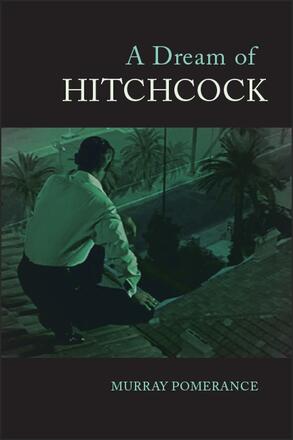
A Dream of Hitchcock
Alternative formats available from:
Explores the director's repeated voyages into the dreamlike.
Description
A Dream of Hitchcock examines the recurring motif of the dream in Hitchcock's work—dreamscapes, dream processes, the dream effect—by focusing on close readings of six celebrated but often misinterpreted films: Strangers on a Train, Rebecca, Saboteur, Rear Window, To Catch a Thief, and Family Plot. The Hitchcockian dream, as invoked here, is not so much a dream as it is a way of understanding, in its dramatic contexts, an "unearthly," irrational quality in the filmmaker's work. Rebecca revolves around problems of memory; To Catch a Thief around uncertainty; Saboteur around pungent aspiration; Family Plot around intuition; Rear Window around expansive imagination; and Strangers on a Train around delirious madness. All of these films enunciate the return of the past, the invocation of a boundary beyond which experience becomes unpredictable and uncertain, and the celebration of values that transcend narrative resolution. Murray Pomerance's distinctive method for thinking through Hitchcock's work allows these films to inform theorization, not the other way around. His original, provocative, and groundbreaking explorations point to the importance of fantasy, improbability, doubt disconcertion, hope, memory, intuition, and belief, through which the oneiric comes to the center of waking life.
Murray Pomerance is an independent scholar living in Toronto. He has published dozens of volumes on cinema, including four books on Alfred Hitchcock: An Eye for Hitchcock, Alfred Hitchcock's America, Marnie, and The Man Who Knew Too Much.
Reviews
"This lively, informed, insightful book is a like a jazz riff on the six films under consideration, mixing cultural, historical, filmic, and literary allusions to interpret each film. I think it would be as interesting and helpful to a person just beginning to study Hitchcock's films seriously as to an academic who has been studying and writing about Hitchcock for years." — Richard A. Gilmore, author of Doing Philosophy at the Movies